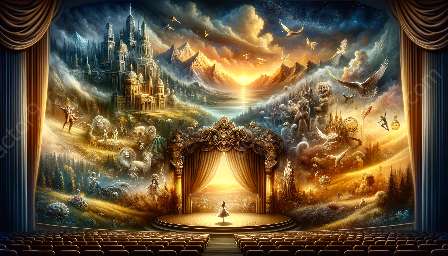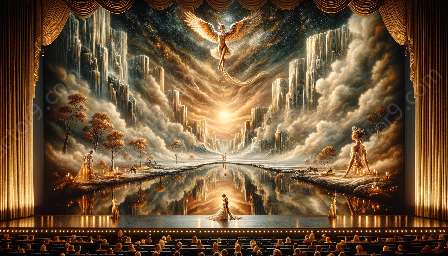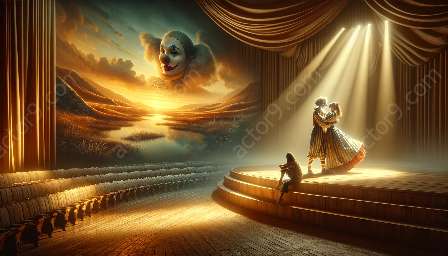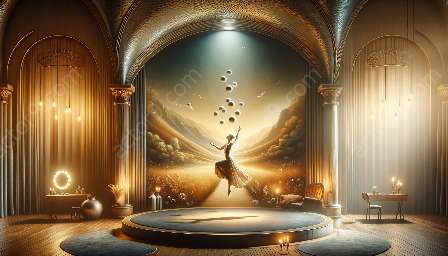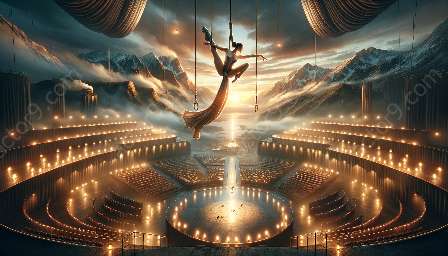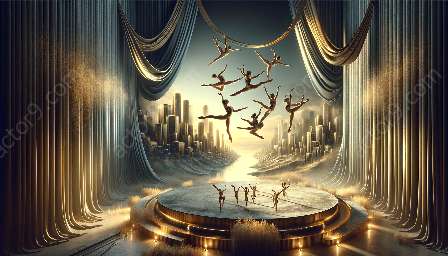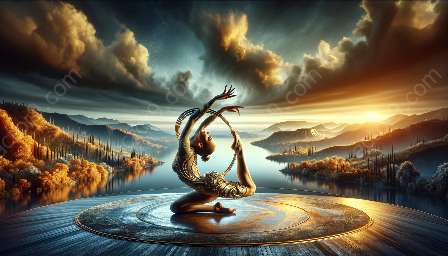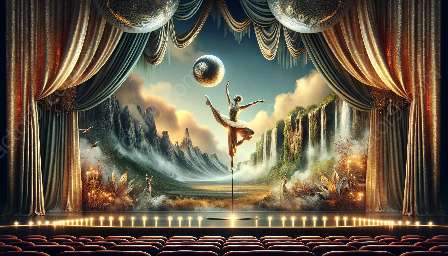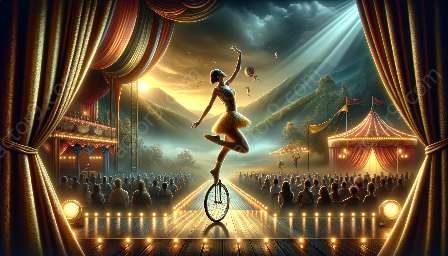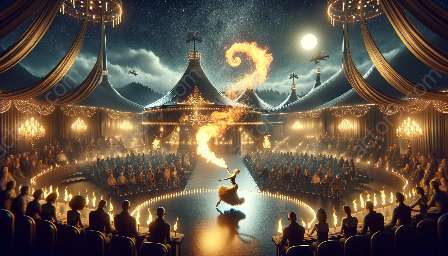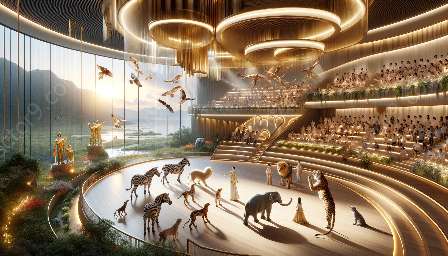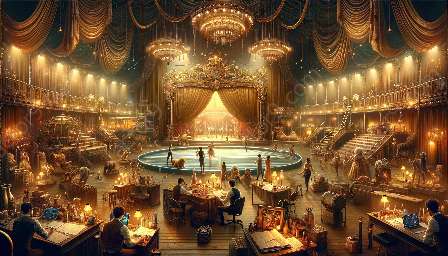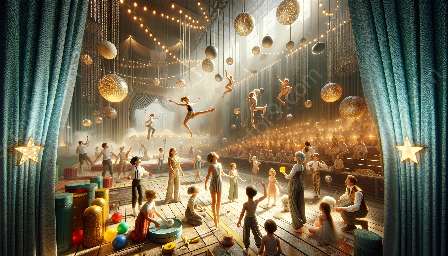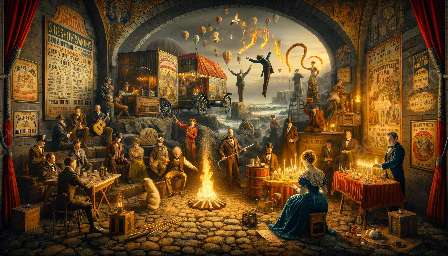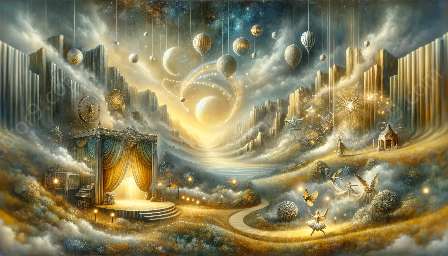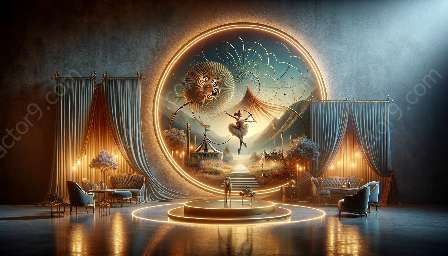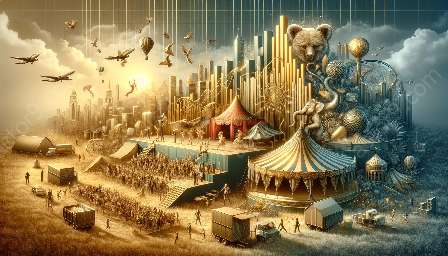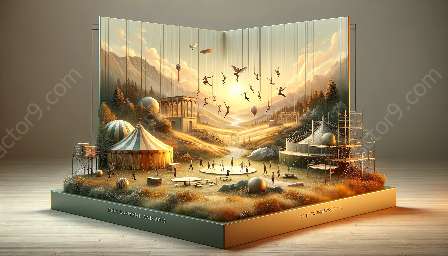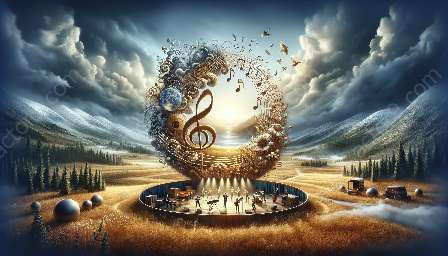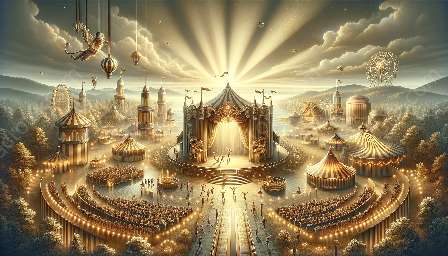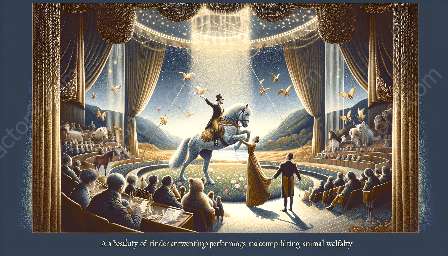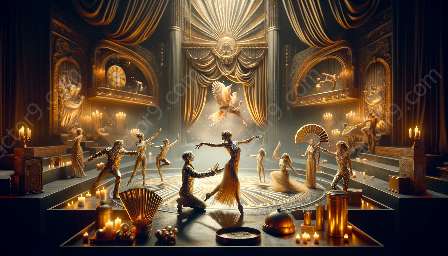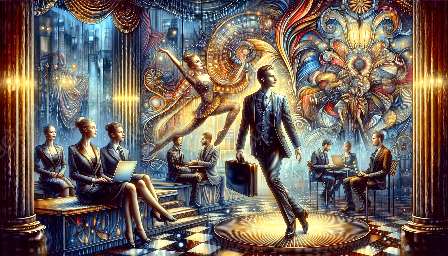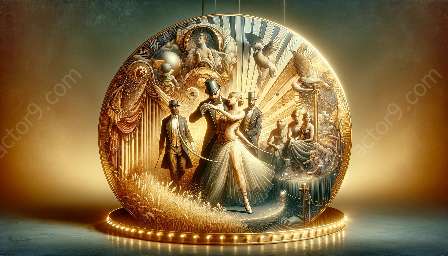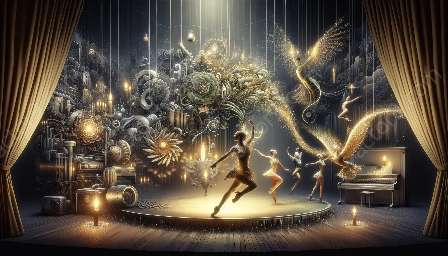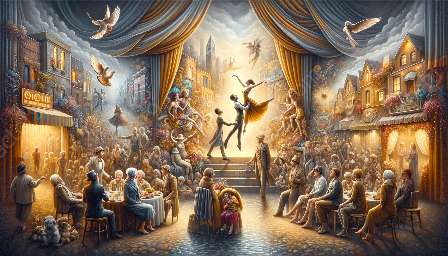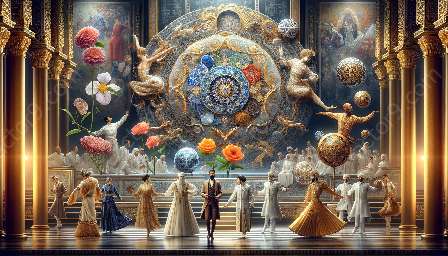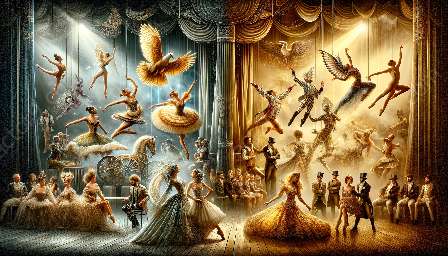Music has been an integral part of circus performances since the origins of the circus arts. The history of using music in the circus dates back centuries, playing a crucial role in captivating audiences and enhancing the magical atmosphere of the circus.
Early Origins of Circus Music
The use of music in circus performances can be traced back to ancient civilizations, where acrobatic and equestrian displays were accompanied by rhythmic drumbeats and melodies. These early forms of circus entertainment laid the groundwork for the incorporation of music in later circus traditions.
Development of Circus Orchestras
As circuses became more structured and elaborate during the 18th and 19th centuries, the need for live musical accompaniment became apparent. Circus orchestras, consisting of talented musicians, were formed to provide a dynamic soundtrack that synchronized with the movements and acts of the performers. These orchestras brought life to the circus, amplifying the emotions and excitement of the audience.
Music in Synchronized Acts
One of the most fascinating elements of music in circus performances is its synchronization with acts such as trapeze, tightrope walking, and clown performances. The rhythmic and melodic cues provided by the music not only set the pace for the performers but also create a mesmerizing sensory experience for the audience, heightening the impact of the acrobatic feats and comedic antics.
Influence of Different Musical Genres
Over time, circus music has evolved to encompass a wide range of musical genres, from classical and orchestral compositions to lively and energetic tunes. Each genre brings its own unique flair to the circus, enriching the narratives and themes of various performances.
The Modern Role of Music in Circus Arts
In contemporary circus arts, music continues to play a vital role in shaping the overall ambiance and narrative of the shows. Composers and sound designers collaborate with circus performers to create bespoke soundscapes that complement the visual spectacles and storytelling aspects of the acts.
Enhancing the Circus Experience
Today, music serves as an immersive element that transports audiences into the fantastical realms of the circus. Whether it's a dramatic symphony accompanying a daring aerial act or a whimsical melody enhancing the charm of a clown performance, the right music elevates the emotional impact and connection between the performers and the spectators.
Conclusion
From its ancient roots to its contemporary manifestations, the history of using music in circus performances reflects the intrinsic connection between sound and spectacle. The enchanting melodies and powerful rhythms of circus music continue to intertwine with the circus arts, creating unforgettable experiences that captivate audiences worldwide.

